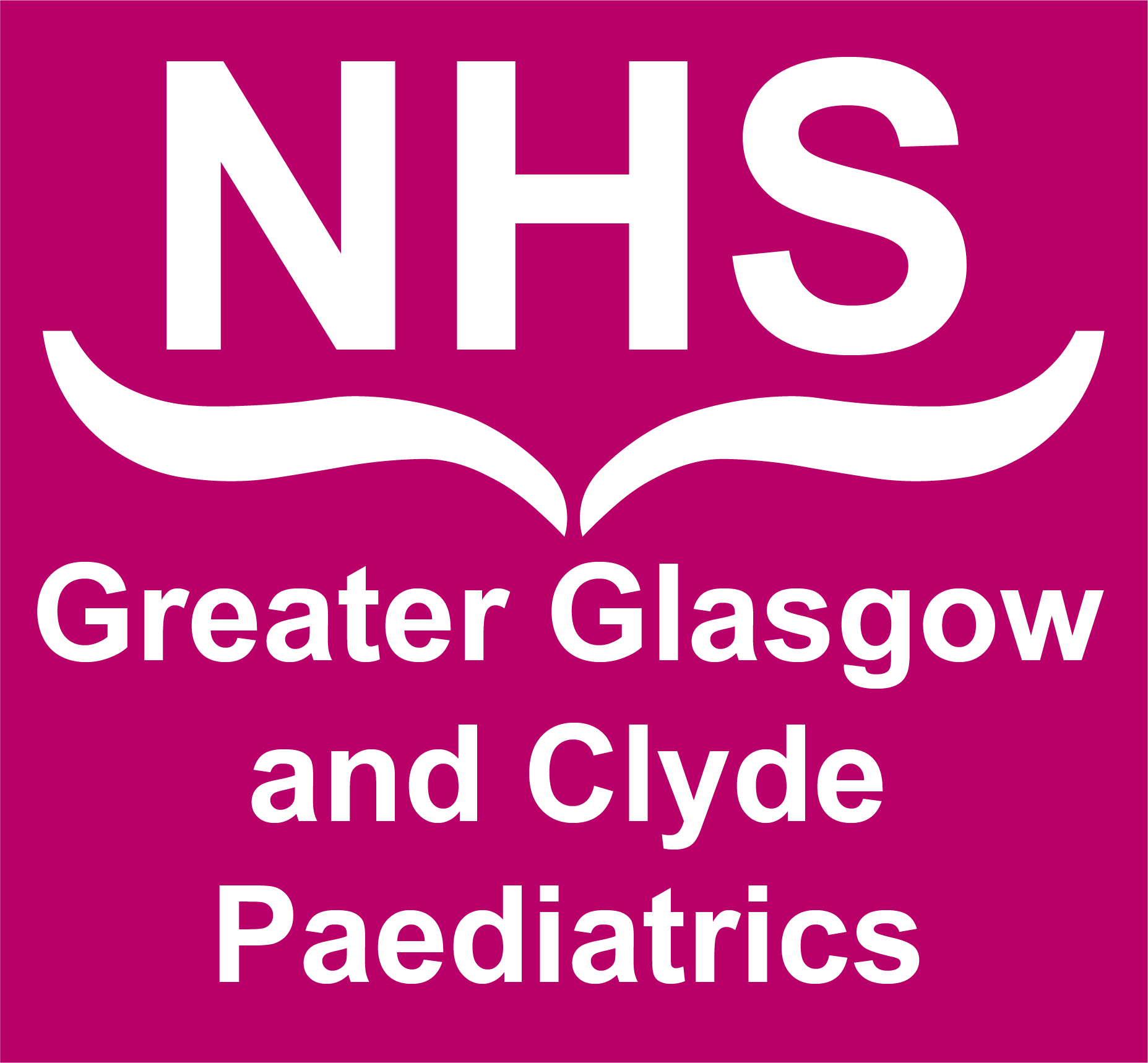Administering medicines via enteral feeding tubes is a process that can change the way medicines are absorbed and handled by the body. There are some medicines that are more affected than others.
There are also some issues around the licensing of medicines that are crushed, opened or otherwise changed to facilitate administration down an enteral feeding tube. As such, the ORAL route should always be used in preference to enteral feeding tubes.
This is often not possible in critical care environments when children are heavily sedated, with endo-tracheal tubes in situ rendering oral administration of medications unsafe. It is thus essential that oral medicines are administered via enteral feeding tubes.



